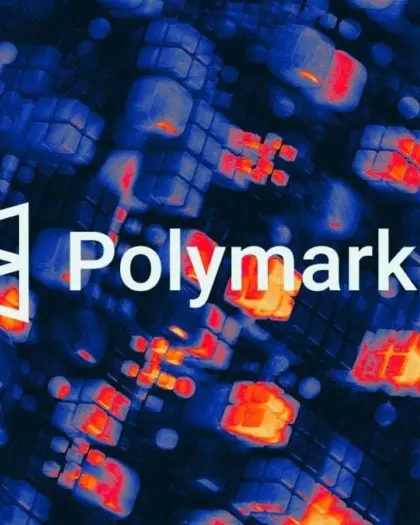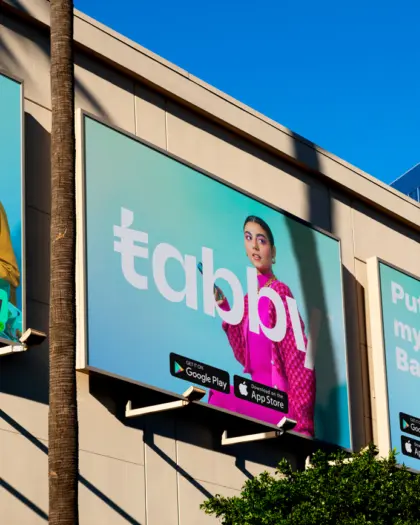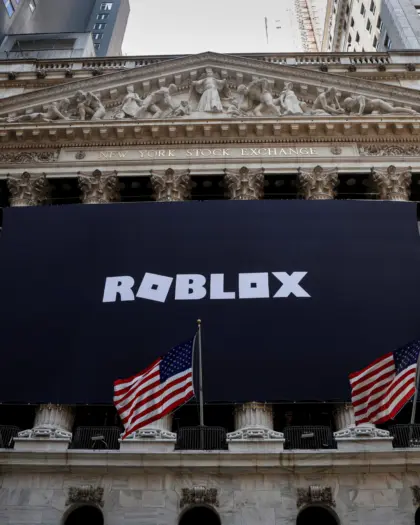Performance Marketing in the Metaverse
Marketers have waited for consumer VR and AR technologies to gain momentum for years. With the release of the Metaverse to the general public, we are getting to grips with all new ways of reaching our customers through virtual reality, augmented reality, and mixed reality. By putting the customer right in the midst of our message, the metaverse is allowing us to get closer to users in a way that was a mere fantasy in past times.
What is the Metaverse?
The concept of a metaverse has existed for a long time within the world of science fiction. The idea that people will be able to live out futuristic social lives on a network of 3D interactive virtual worlds using VR and AR technology (like headsets and haptic feedback gloves) is now less science fiction, and more science fact.
One of the biggest champions and innovators in the space is Mr Meta himself, Mark Zuckerberg. According to him, it’s a virtual online environment where avatars can interact, communicate, and socialise. It's the meeting of the physical and digital worlds. Games like Fortnite and Roblox are similar to a Metaverse in their use of individual ‘worlds’ for gaming experiences. These games provide a shared virtual and three-dimensional space that allows users to engage in activities other than pure play gaming. The social aspect is just as important as the gameplay.
What are the advertising rules in the Metaverse?
Metaverses are rich in marketing opportunities like live shopping, virtual storefronts, fashion shows, product debuts, content development and live events. In terms of the rules and regulations for advertising in the Metaverse, things have yet to be set in stone. As with all new technologies that grow rapidly, law-makers move slowly, tending to be more reactionary rather than preemptive. Initially, advertisers would be best advised to follow the current online advertising rules for their country, and target audience. So, now the most crucial question is... How to adapt to change?
How to adapt to marketing in the Metaverse?
- Know your targeted audience
Some kinds of metaverses, such as games like Roblox and technology like VR, are popular with certain age ranges, so consider the type of Metaverse you want to display your ads on. You need to be where your audience is. Travis Scott's Fortnite-based live online performance in April 2021 had over 10 million virtual guests. And this colossal viewership can be leveraged to reach huge audiences in a highly engaged arena.
- Experiences closer to the real world
As a marketer you need to create experiences that feel ‘familiar’ to your audience, but push the boundaries of innovation by connecting with your target audience in a unique way. Use the metaverse technology to produce interesting creative that garners attention.
- Try new approaches
Best practices are still being defined, and paradigms are still being developed. This provides marketers with scope to explore new things and be unique in their advertising methods.
- A new medium for storytelling
The Metaverse can be considered as a new storytelling medium. You may have immersive ad experiences that communicate the brand narrative in addition to typical advertising that you see on Google, Facebook, LinkedIn, and other sites.
What are the difficulties of advertising in the Metaverse?
Advertisers may face a few challenges, at least in the early years of the Metaverse:
- Legal issues:
Expect advertising legislations to sit within a grey area between traditional digital marketing, social media marketing and something else. It won’t be clear on the exact rules for some years to come. - Content overload:
In the digital world regular video pop-ups, identical sponsored material, and repetitious adverts are very common. They could take on an even more intrusive dimension inside the Metaverse, perhaps causing sensory overload. - Data privacy and ethical issues:
In the Metaverse data privacy and security remain an issue. New technology requires more advanced security measures. Expect to adopt new data privacy and protection rules.
Conclusion:
Because branding, marketing, and advertising in the Metaverse is a new and exciting landscape.
As you consider how best to connect with the Metaverse – whether by forming a metaverse expert team or employing metaverse specialists firm to assist you like us here at Growthcurve, think big! VR sales are predicted to reach $6.71 billion in 2022, and by 2024, they will have doubled to $12.19 billion. The Metaverse isn't a fad; it is here to stay and it has the potential to be the biggest marketing platform, ever.











































